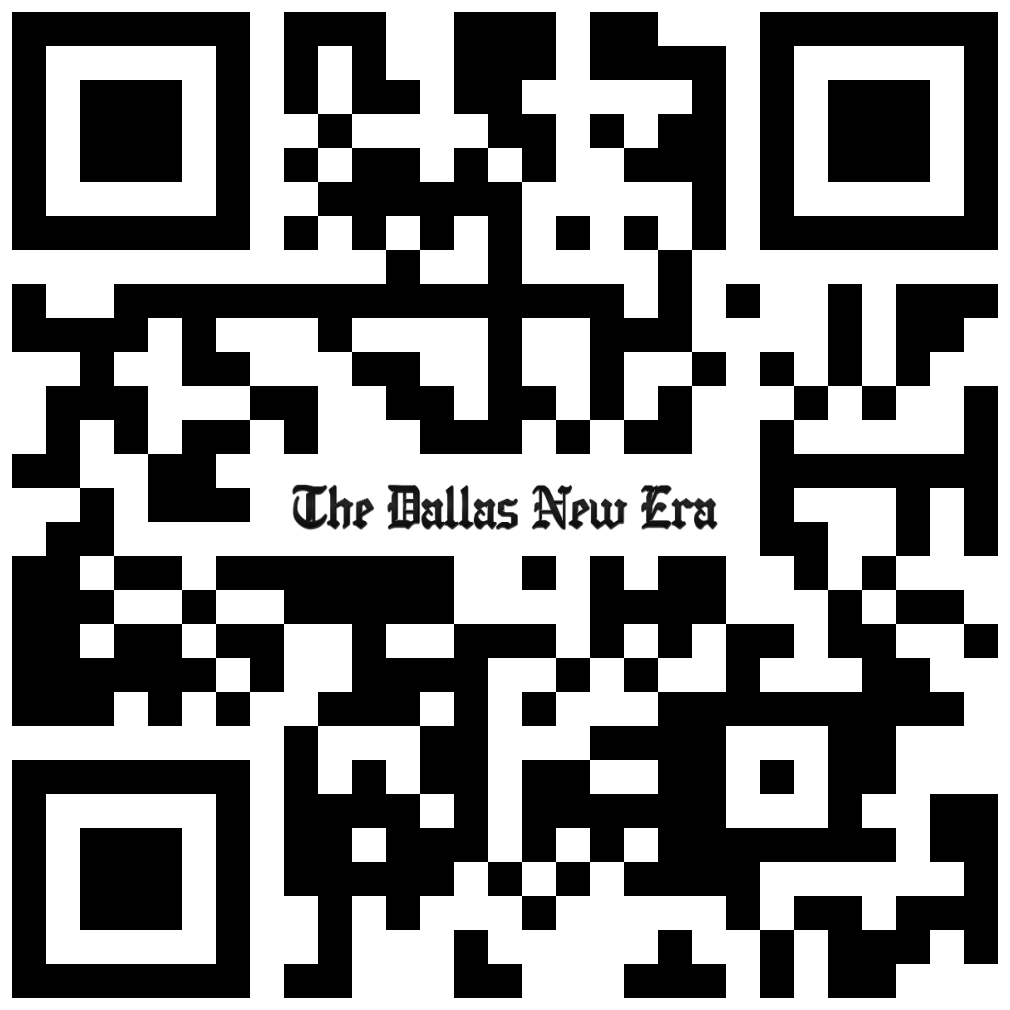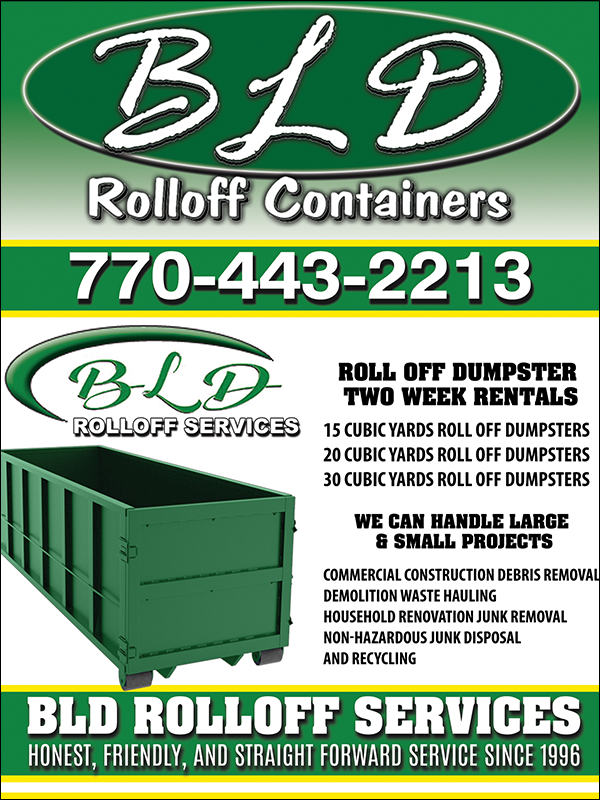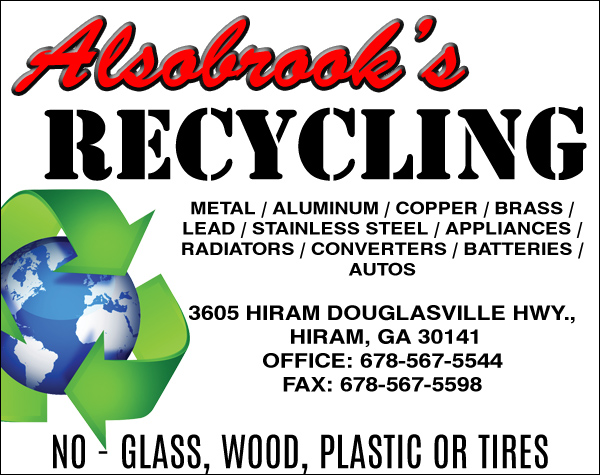Leaving Your Job? What Should You Do With Your 401(k)?
 You’ve got a powerful retirement savings vehicle in your 401(k) plan, which offers various investment options and the chance to accumulate tax-deferred earnings. But if you leave your job before you retire, what should you do with your 401(k)?
You’ve got a powerful retirement savings vehicle in your 401(k) plan, which offers various investment options and the chance to accumulate tax-deferred earnings. But if you leave your job before you retire, what should you do with your 401(k)?
You have several choices — and it’s important that you understand them because your decision can greatly affect the resources you’ll ultimately have available during your retirement years.
Here are the main options for dealing with your 401(k) from a previous employer:
You could leave the money in the company’s plan. Not all companies offer this option, but many do. If you like the investment choices available in your plan, leaving the money alone may not be a bad idea — you know where your money is going, and you can still benefit from potential tax-deferred growth. On the other hand, since you won’t be employed by the company, you might find it harder to keep up with changes to your 401(k), such as when investment options are added or dropped. Also, you no longer will receive your employer’s matching contribution, if one had been offered.
You could move the money into your new employer’s plan. If your new employer has a 401(k) and allows transfers, you could roll the money from your old plan into the new one. This might be an attractive option if you like the investment options offered in your new employer’s plan. And it will give you a head start in building resources in the new plan.
You could roll the money into an IRA. You may find several advantages to rolling your 401(k) into an IRA. First, your money will still have the potential to grow on a tax-deferred basis. Second, you can put your funds in virtually any investment you choose — stocks, bonds, mutual funds, government securities, certificates of deposit and others — so you can build a mix of investments appropriate for your goals and risk tolerance. Third, if you own multiple 401(k) accounts, you might benefit from consolidating them into a single IRA, making it easier to allocate and monitor your retirement assets. Plus, with a consolidated account, you may find it easier to track your withdrawals, when it’s time to start taking them.
If you do decide to move your 401(k) to an IRA, make sure to request a direct rollover. The money will be sent directly to the institution that holds the IRA and no taxes will be withheld.
You could cash out your plan. If you cash out your plan, your company likely will pay you 80% of your account value, withholding the rest for federal taxes. And if you’re younger than 59-1/2, you also may face a 10% penalty tax. Furthermore, you’ll have lost a key source of your retirement income. Of course, if you absolutely need the money, it’s there for you. Before making any moves with your 401(k), consult with your tax and financial professionals. You worked hard to build your 401(k) — so you’ll want to do all you can to keep it working hard for you.
Yvonne Davenport & Ryan Hale
Financial Advisors | Edward Jones Investments
119 West Memorial Dr. | Dallas, GA 30132
Tel 770.505.5333 | Fax 877.222.0823
This article was written by Edward Jones for use by your local Edward Jones Financial Advisor


















